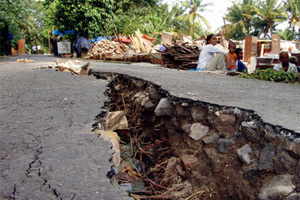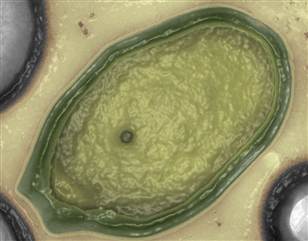Scientists Using Alien Molecules To Expand DNA

Scientists have taken the first steps toward writing the blueprint of life in an alphabet unknown to nature, they reported online in the journal Nature. Until now, biologists have used the same base molecules when synthesizing DNA. It has been recently announced that scientists have not only created two new bases, but also inserted them into a single-cell organism and […]
Read more








